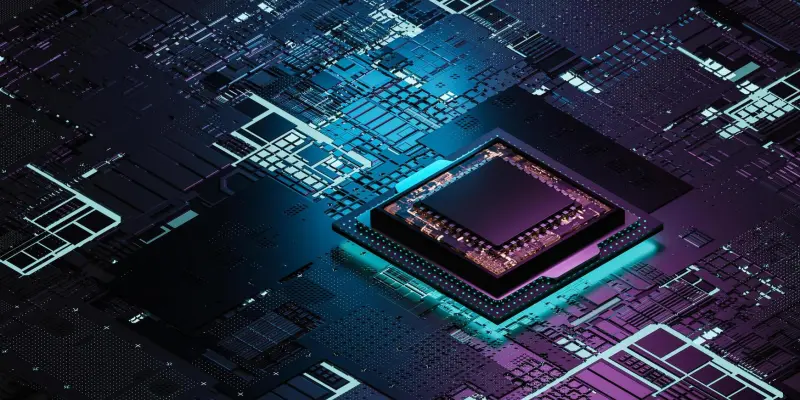MSI has made a major leap in the Mini-ITX motherboard market with the release of its MPG B850I EDGE TI WIFI model, supporting 128GB of DDR5 memory at speeds of 8200 MT/s. This is remarkable given the motherboard’s compact design, which usually doesn’t accommodate such high-capacity and fast memory configurations. The board was showcased with an AMD Ryzen 5 9600X CPU and two 64GB DDR5 modules, totaling 128GB. These V-Color memory modules, featuring SK Hynix ICs, delivered outstanding performance with timings set at 44-58-58-126-CR1.
The MPG B850I EDGE TI WIFI stands out for its high memory capacity and speed, attracting enthusiasts and power users needing top performance and large memory capacities. This is largely due to the B850 chipset and its two DIMM slot design, optimized for the AM5 platform. Such advancements benefit various computing tasks, from gaming to professional workloads, by ensuring smoother and faster operations.
MSI’s innovation is further highlighted by their plans to launch a high-end mATX motherboard series, including the MPOWER line, aimed at broadening their advanced motherboard portfolio for the AM5 platform. This expansion shows MSI’s dedication to meeting diverse user needs, from compact high-performance builds to versatile mid-sized systems, offering improved efficiency and performance for both everyday and tech-savvy users. In summary, MSI has once again pushed motherboard capabilities with the MPG B850I EDGE TI WIFI, supporting large memory capacities and high speeds in a Mini-ITX form factor. These advancements continue to meet the demands of users seeking superior performance for gaming and professional applications. As these advanced motherboards become available, they promise to significantly enhance computing abilities, offering power users and enthusiasts elevated performance levels to meet their growing demands.

